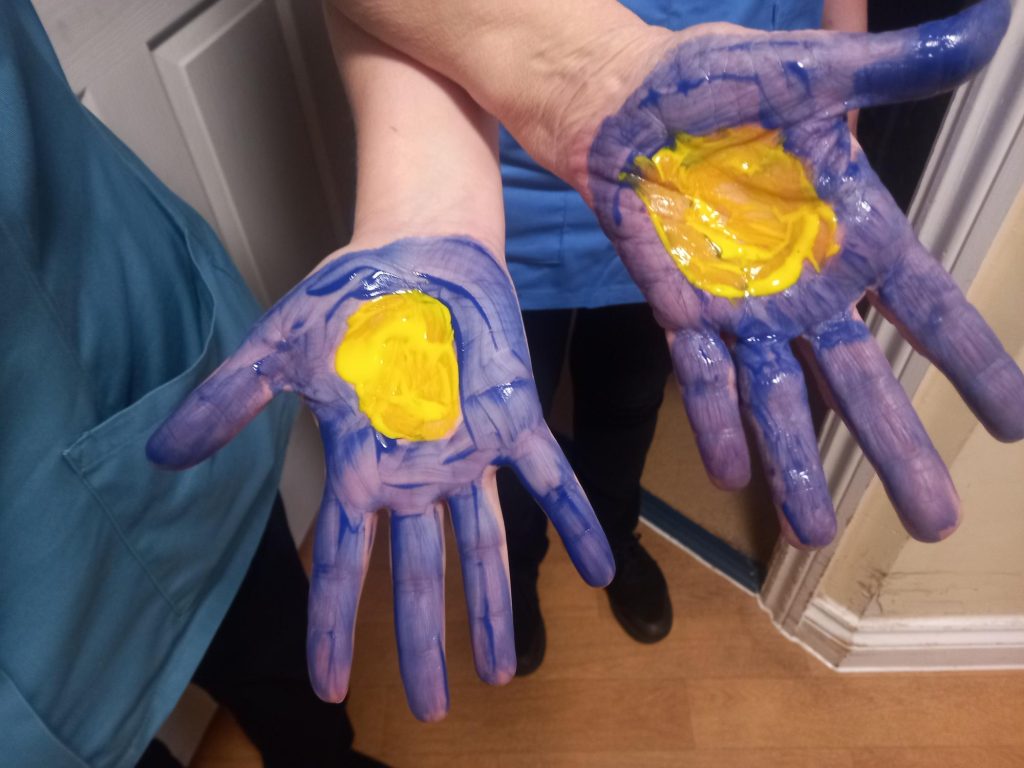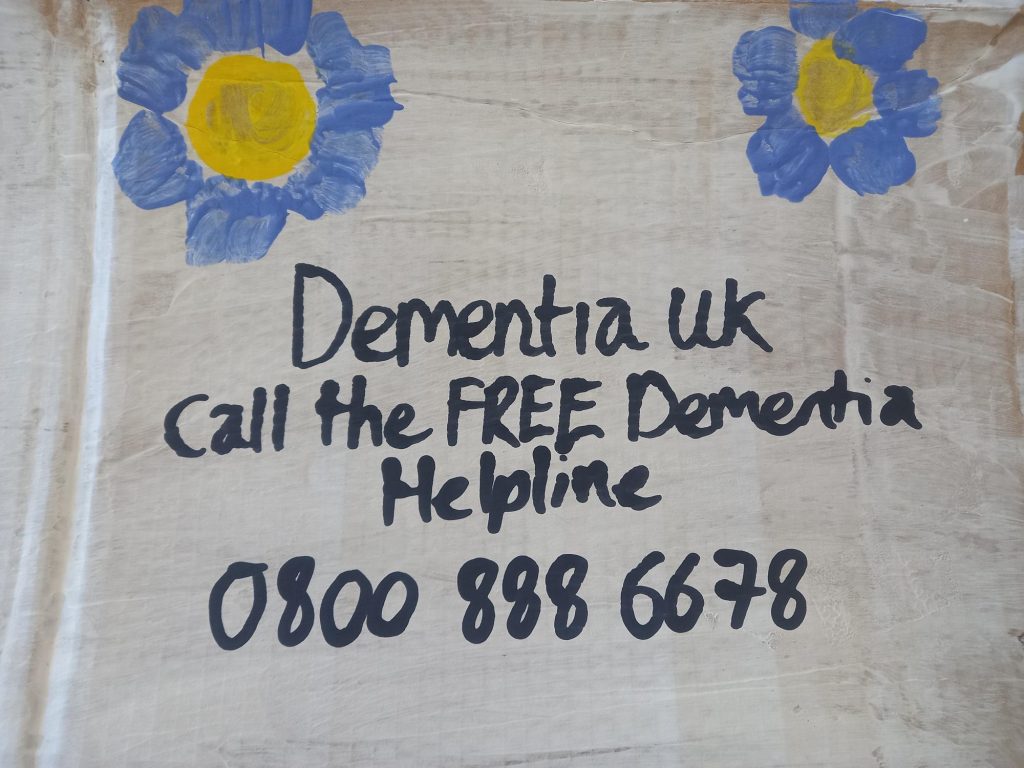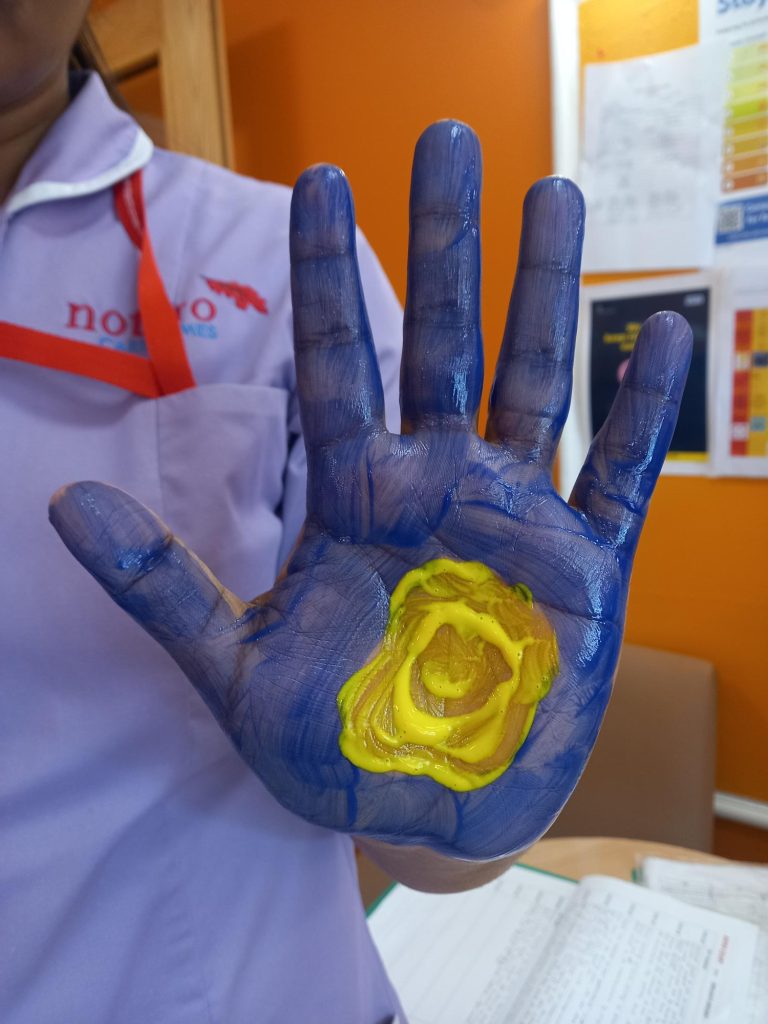Notaro ARBD Care actively participated in Dementia Action Awareness Week, a time dedicated to raising awareness about dementia and advocating for improved support for those affected. We thought this would be a good opportunity to highlight the differences between Dementia and ARBD.
Alcohol-Related Brain Damage (ARBD) and Dementia: Key Differences
What is ARBD?
Alcohol-Related Brain Damage (ARBD) occurs when excessive alcohol consumption leads to brain damage. Regularly drinking much more than the recommended limit can deteriorate brain function, causing memory loss and impairing the ability to think clearly. ARBD is often the result of prolonged heavy drinking over many years.
How ARBD Differs from Dementia
While ARBD and dementia share some similarities, such as cognitive impairment, they differ in several crucial ways:
- Cause: ARBD is specifically caused by chronic alcohol abuse, whereas dementia can result from various conditions, including Alzheimer’s disease, vascular dementia, and Lewy body dementia.
- Progression: Unlike common types of dementia such as Alzheimer’s, ARBD does not always worsen over time. If a person with ARBD stops drinking and receives appropriate support, they may experience partial or even full recovery.
- Treatment and Recovery: With ARBD, ceasing alcohol consumption and getting good support can lead to significant improvements, which is not typically the case with most other forms of dementia.
The Importance of Awareness and Support
Dementia Action Awareness Week is vital for promoting understanding of all forms of cognitive impairment, including ARBD. By raising awareness about ARBD, Notaro Care Homes aim to:
- Educate: Inform the public about the risks associated with excessive alcohol consumption and the potential for brain damage.
- Support: Encourage early intervention and support for individuals struggling with alcohol dependency to prevent the onset of ARBD.
- Advocate: Highlight the importance of tailored care and rehabilitation for those affected by ARBD, emphasizing the potential for recovery with the right interventions.
If you or a loved-one are affected by ARBD, you can contact our team by email: enquiry@arbdcare.co.uk or phone: 01934 422 822
To find out more about Dementia Action Awareness Week, please visit: https://www.alzheimers.org.uk/get-involved/dementia-action-week















